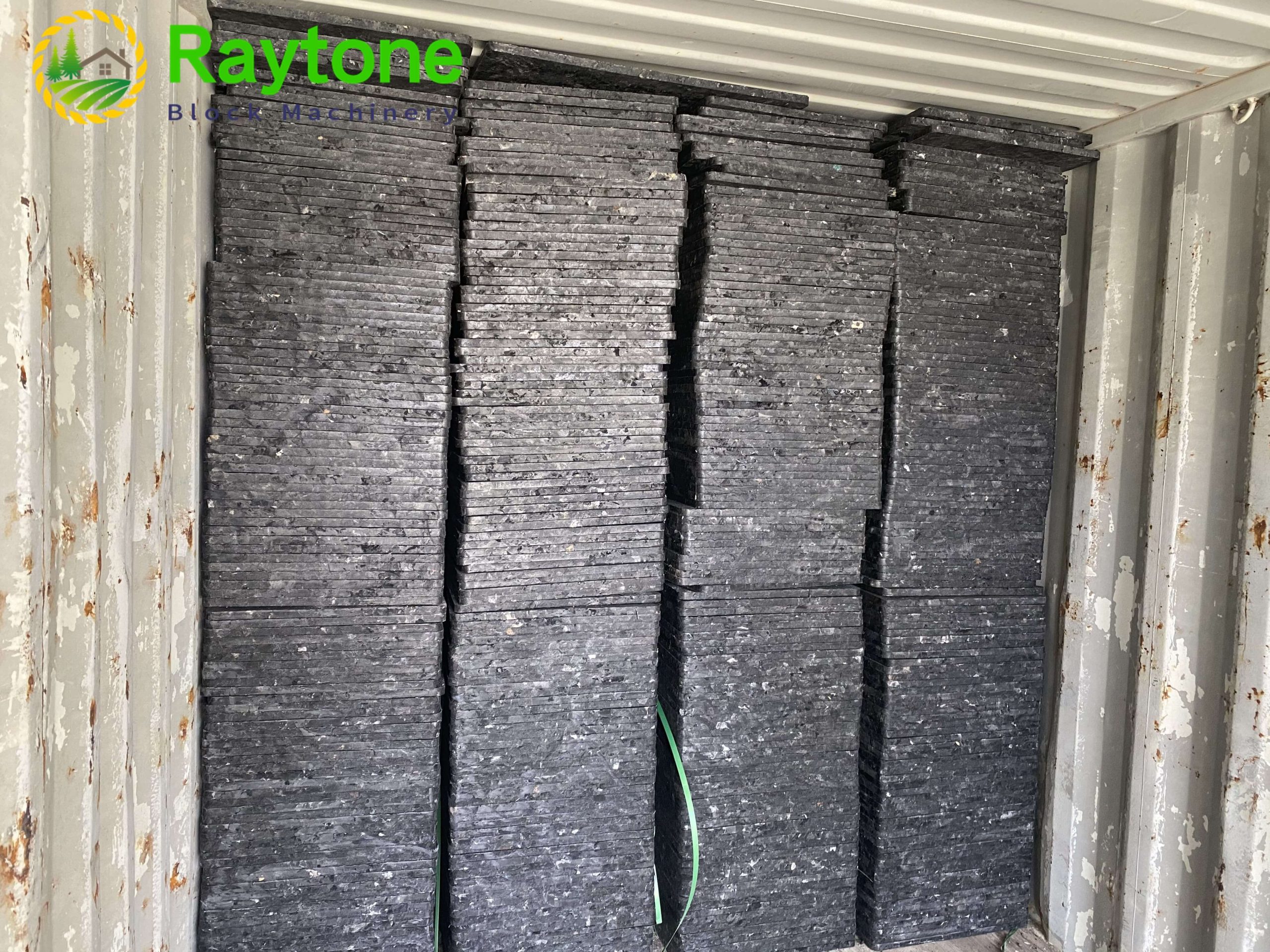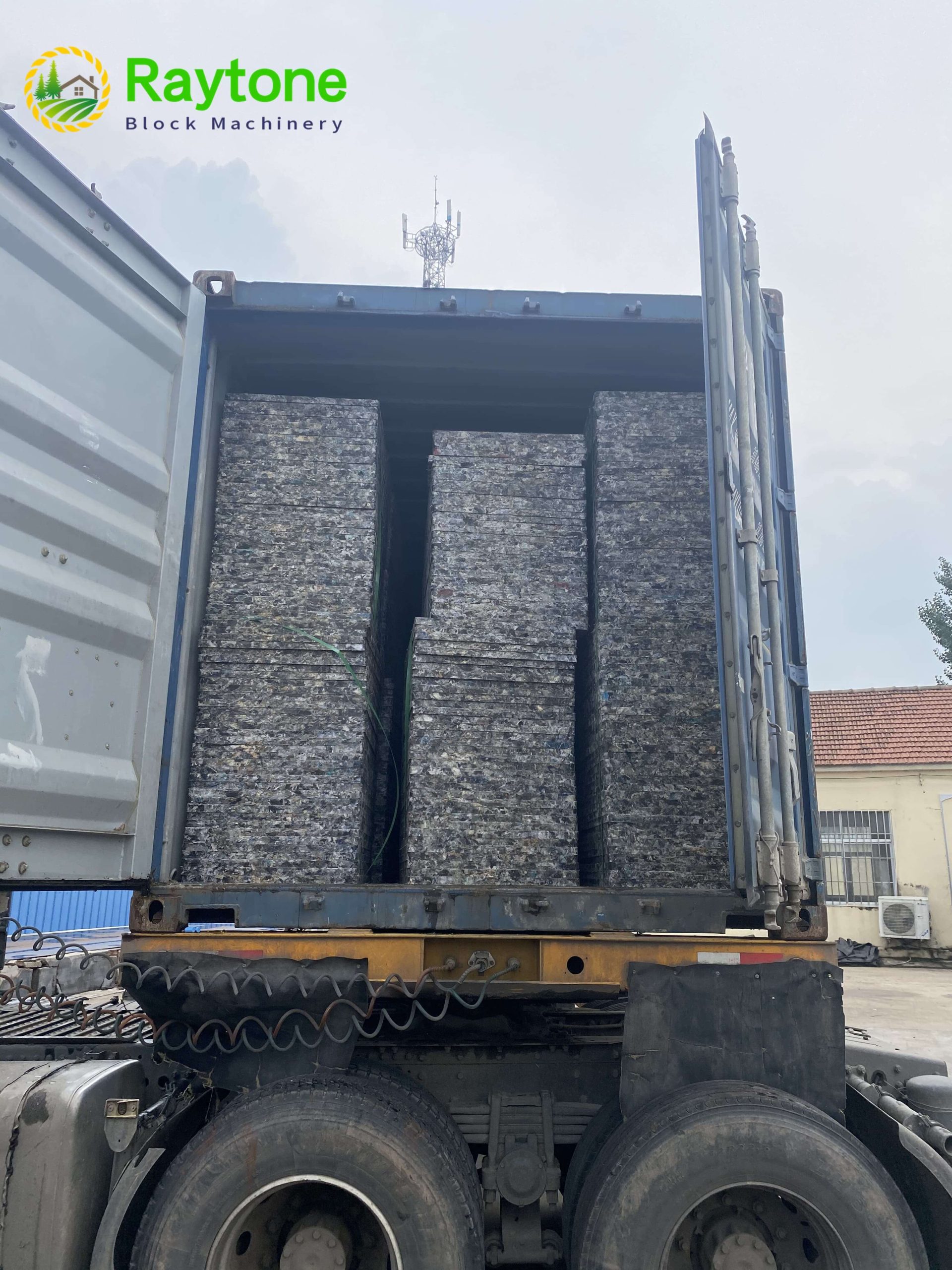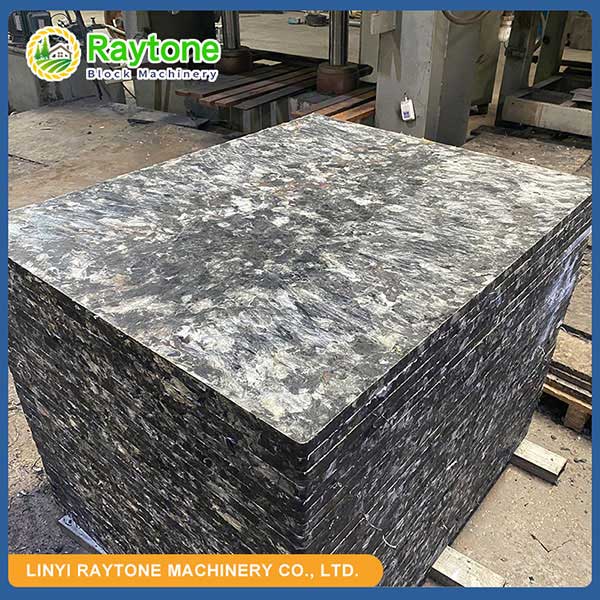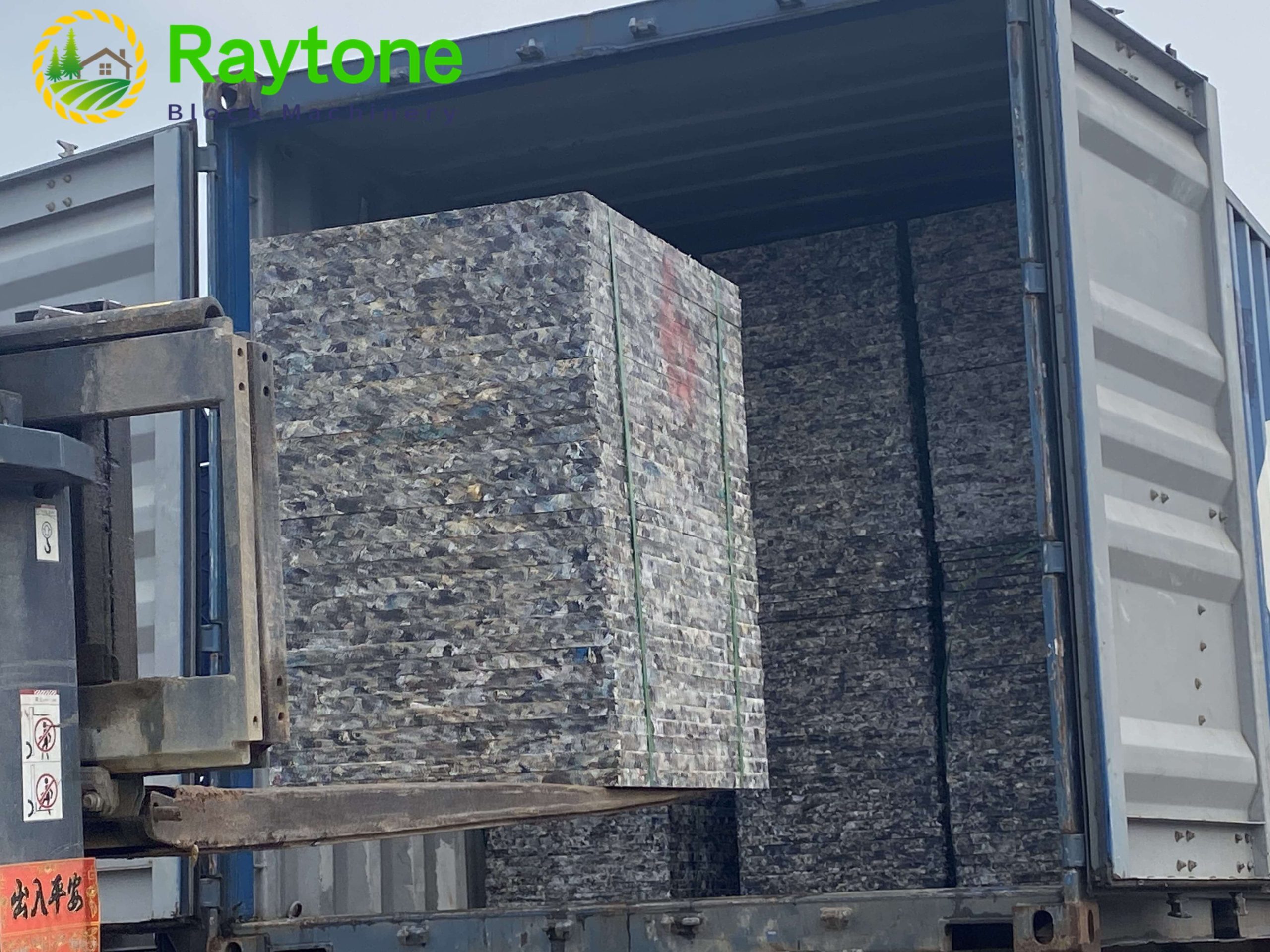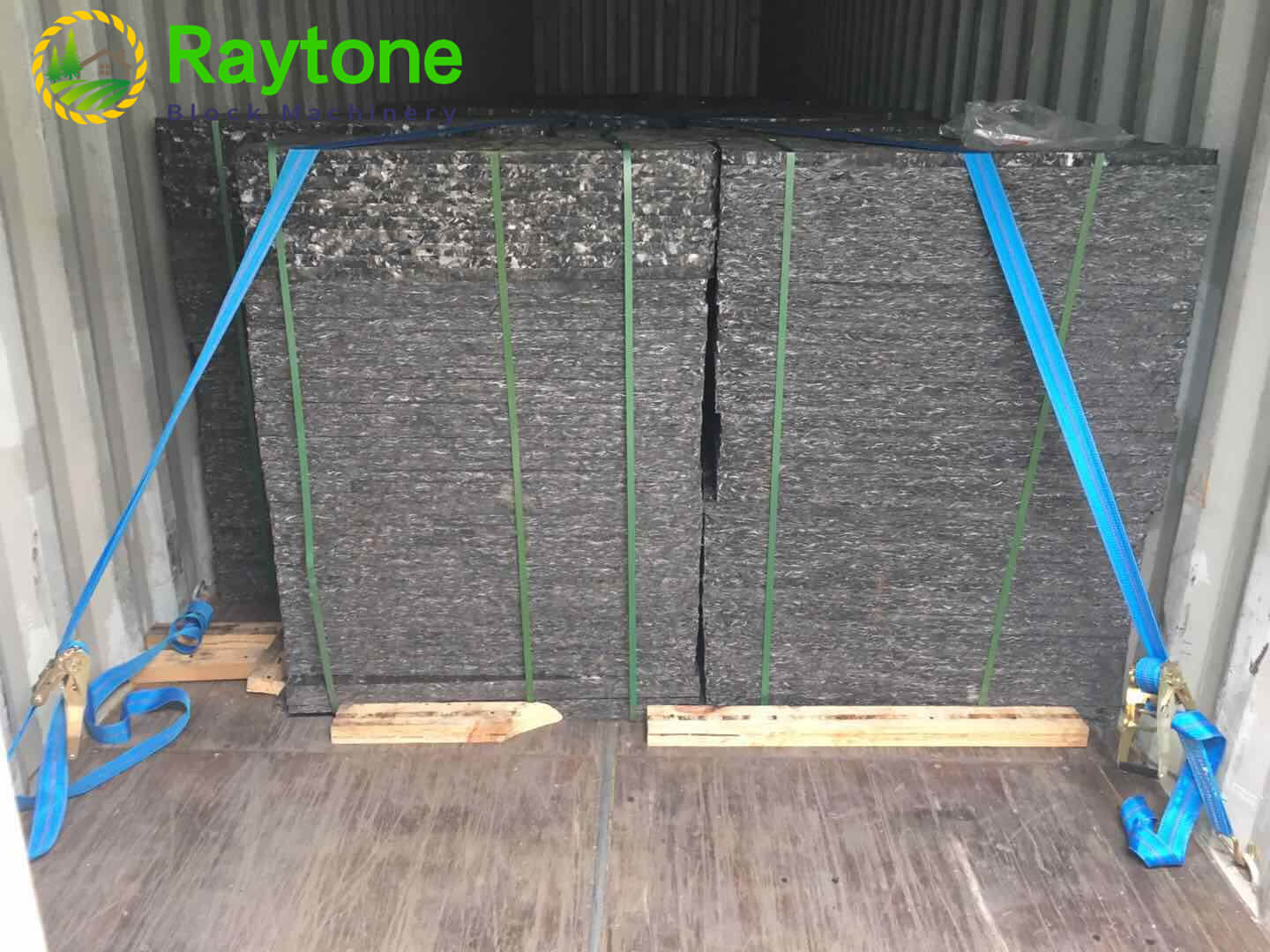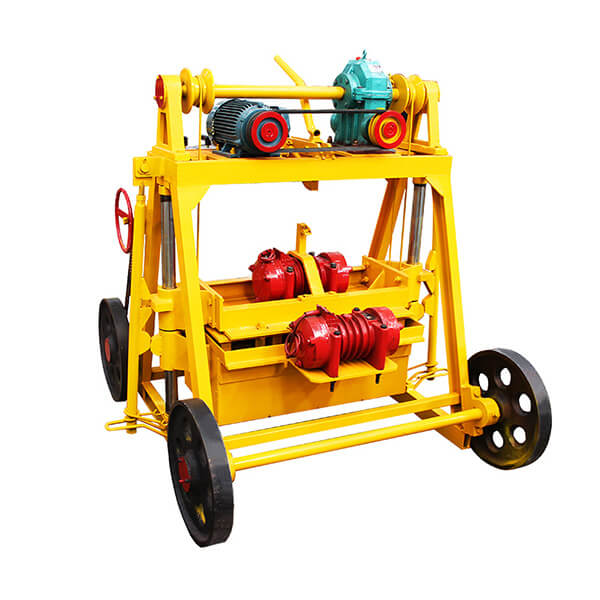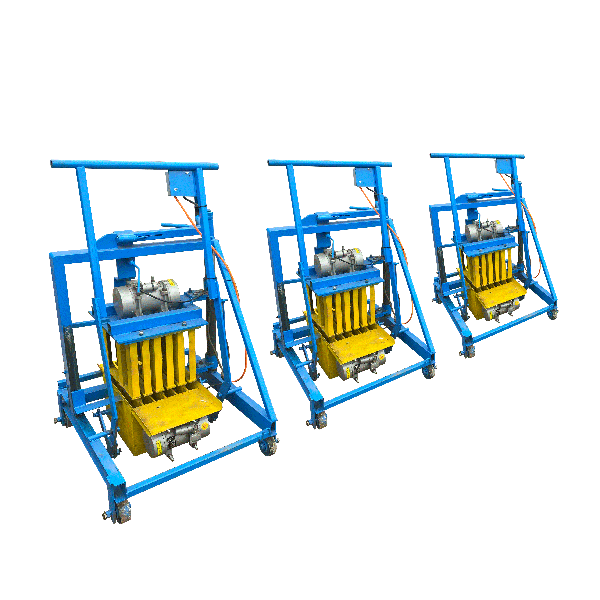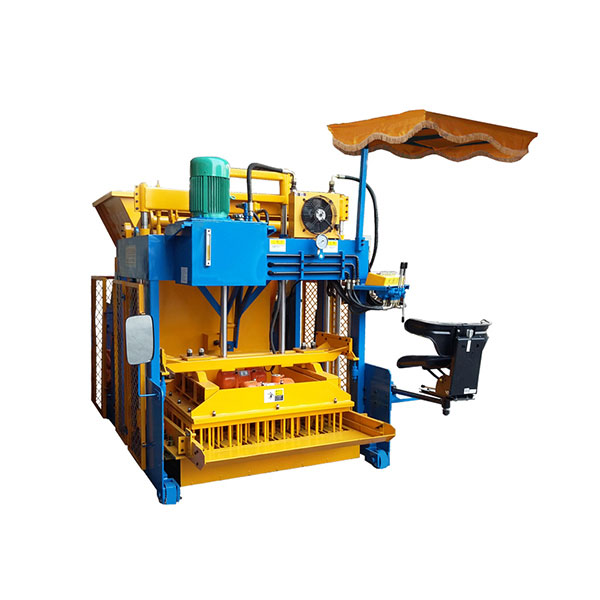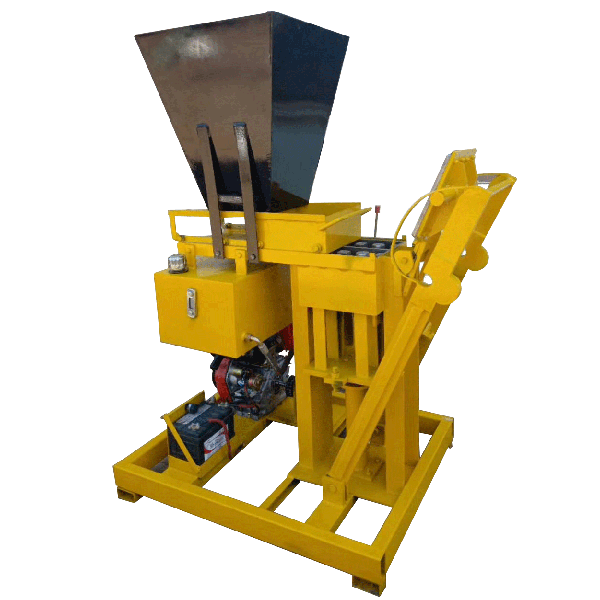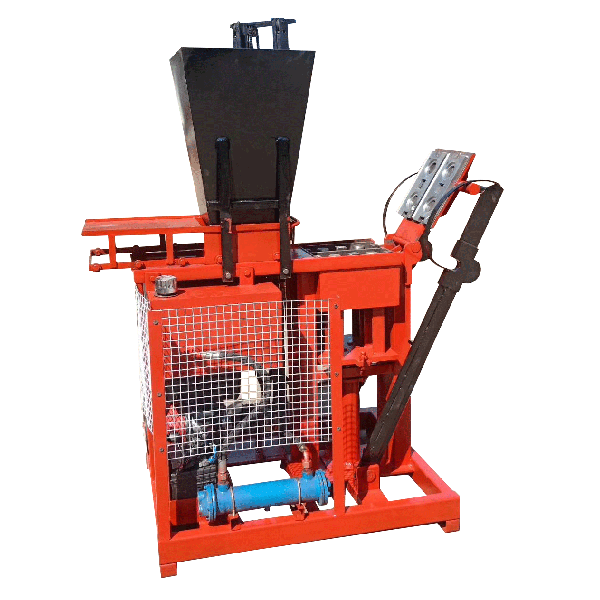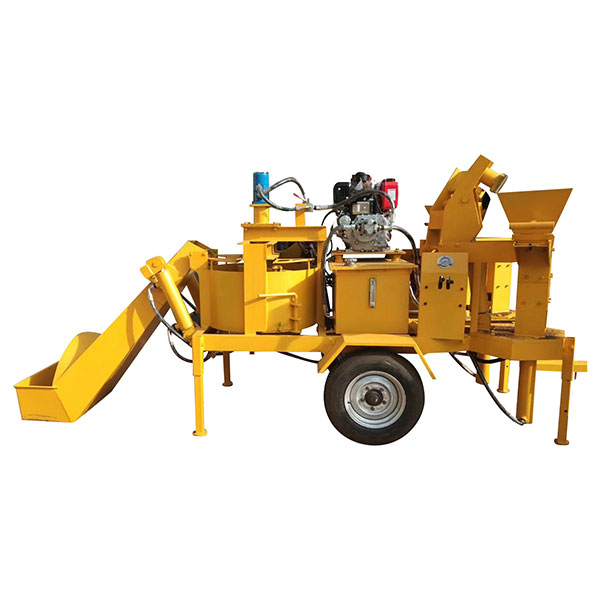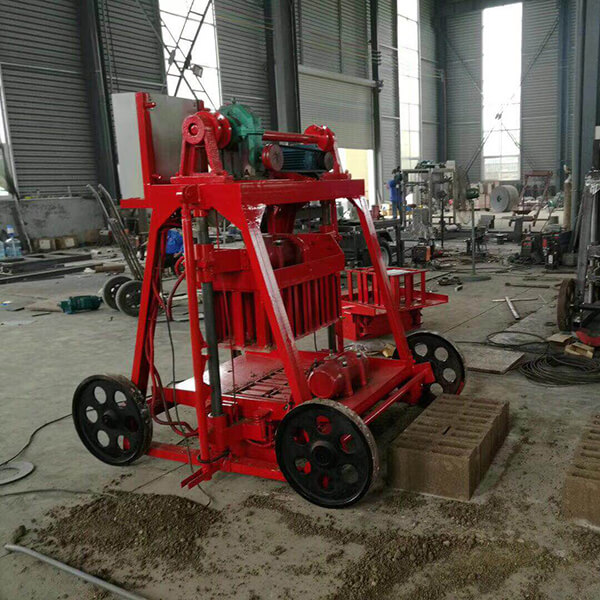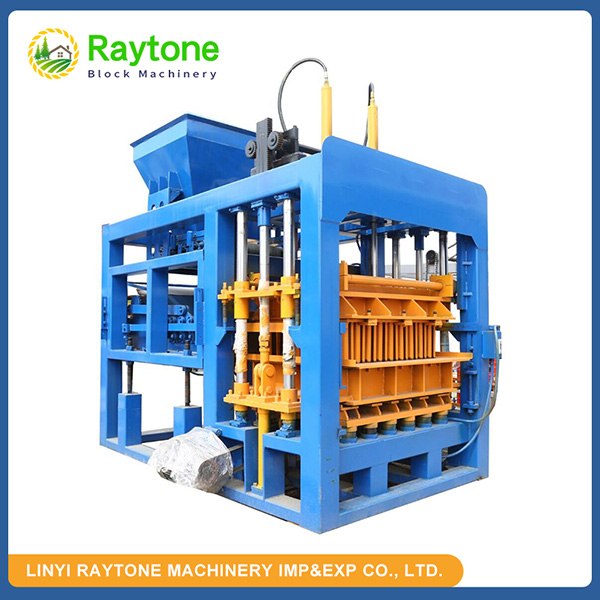When it comes to choosing between mobile and stationary block machines for construction projects, there are several factors to consider. Both types of machines have their unique advantages and drawbacks, making the decision crucial for project efficiency and cost-effectiveness. Mobile block making machines offer flexibility and portability, allowing for on-site production and reduced transportation costs. On the other hand, stationary block machines typically have higher production capacities and are ideal for large-scale, long-term projects. This article will delve into the pros and cons of each type, helping you make an informed decision based on your specific project requirements, budget constraints, and long-term goals in the construction industry.
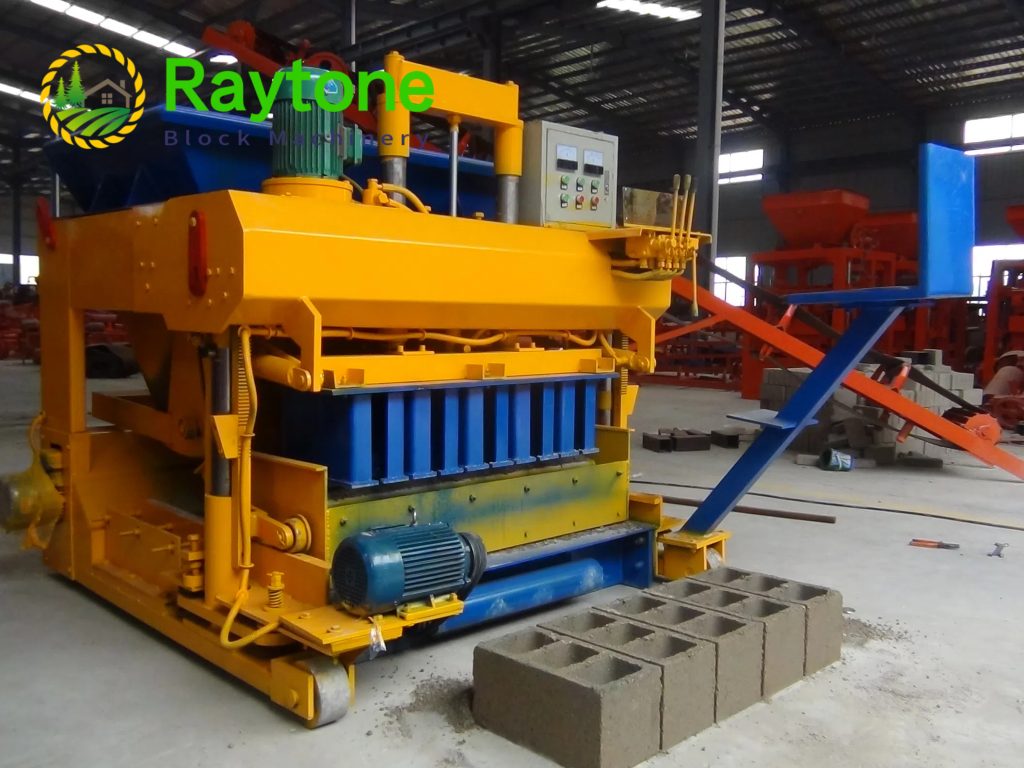
Understanding Mobile Block Making Machines
Advantages of Mobility
Mobile block making machines offer unparalleled flexibility in construction projects. Their portability allows for easy transportation between job sites, making them ideal for contractors working on multiple projects simultaneously. This mobility can significantly reduce logistics costs and time associated with transporting finished blocks. Additionally, these machines enable on-site production, which can be particularly beneficial in remote areas or locations with limited access to block suppliers.
Limitations of Mobile Units
While Mobile block making machines offer great flexibility, they often have limitations in terms of production capacity. Due to their compact design, these machines typically produce fewer blocks per hour compared to their stationary counterparts. This can be a drawback for large-scale projects that require high volumes of blocks in a short time frame. Moreover, the quality control process might be more challenging in a mobile setup, potentially affecting the consistency of the final product.
Ideal Applications
Mobile block making machines excel in scenarios where flexibility is key. They are perfect for small to medium-sized construction projects, especially in areas with limited infrastructure. These machines are also ideal for businesses that offer on-site block production services or for contractors who frequently move between different job sites. The ability to produce blocks right where they’re needed can lead to significant cost savings in transportation and storage.
Exploring Stationary Block Machines
High Production Capacity
Stationary block machines are renowned for their high production capacity. These machines are designed to operate continuously, producing large volumes of blocks efficiently. This makes them ideal for large-scale construction projects or block manufacturing facilities. The higher output not only meets the demands of bigger projects but also allows for economies of scale, potentially reducing the cost per block produced.
Advanced Features and Customization
One of the major advantages of stationary block machines, compared to mobile block making machines, is the ability to incorporate advanced features and customization options. These machines often come with sophisticated control systems, allowing for precise adjustments in block specifications. This level of control ensures consistent quality and enables the production of a wide variety of block types and sizes. Additionally, stationary machines can be integrated with automated systems for material handling, curing, and packaging, further enhancing efficiency.
Space and Setup Requirements
While stationary block machines offer numerous benefits, they do require significant space and setup. Unlike their mobile counterparts, these machines need a dedicated area for installation, which includes not only the machine itself but also space for raw material storage, curing areas, and finished product storage. The initial setup can be time-consuming and may require professional installation. However, once set up, these machines offer unparalleled efficiency and productivity for long-term operations.
Factors Influencing the Choice Between Mobile and Stationary Machines
Project Scale and Duration
The scale and duration of your projects play a crucial role in deciding between mobile and stationary block machines. For short-term or small to medium-sized projects, mobile machines offer the flexibility and cost-effectiveness needed. They allow for quick setup and easy relocation, making them ideal for contractors working on multiple sites. Conversely, for large-scale, long-term projects or dedicated block manufacturing facilities, stationary machines are more suitable. Their high production capacity and ability to run continuously make them perfect for meeting the demands of major construction endeavors.
Budget Considerations
Budget is a significant factor in the decision-making process. Mobile block making machines generally have a lower initial investment cost compared to stationary units. This makes them an attractive option for small businesses or those just starting in the industry. However, it’s important to consider long-term costs as well. While stationary machines require a higher upfront investment, their higher production capacity and efficiency can lead to better cost-effectiveness over time, especially for large-scale operations. Additionally, the reduced transportation costs associated with on-site production using mobile machines should be weighed against the potential economies of scale achieved with stationary units.
Site Accessibility and Infrastructure
The accessibility of your construction sites and the available infrastructure are crucial considerations. Mobile block making machines shine in areas with limited infrastructure or difficult access. They can be easily transported to remote locations, allowing for on-site block production where transporting finished blocks might be challenging or expensive. On the other hand, stationary machines require a stable, well-developed site with adequate power supply, water access, and space for raw material storage and finished product handling. If you have a centralized location with good infrastructure and your projects are primarily in the surrounding area, a stationary machine might be the more efficient choice.
Conclusion
Choosing between mobile and stationary block machines depends on various factors including project scale, budget, site accessibility, and long-term business goals. Mobile block making machines offer flexibility and are ideal for diverse, smaller projects or remote locations. Stationary machines, while requiring more initial investment and setup, provide higher production capacity and advanced features suitable for large-scale, long-term operations. By carefully considering your specific needs and circumstances, you can make an informed decision that will optimize your block production process and contribute to the success of your construction projects.
Contact Us
At Raytone Machinery, we understand the unique challenges of the construction industry and offer a wide range of block-making solutions to meet your specific needs. Whether you’re looking for a versatile mobile block making machine or a high-capacity stationary unit, our expert team can help you find the perfect fit for your projects. Experience the Raytone difference with our high-quality, reliable, and cost-effective block machines. Contact us today at hazel@raytonechina.com to discuss your block production needs and discover how we can enhance your construction operations.
References
- Johnson, A. (2022). “Advancements in Block Making Technology: Mobile vs. Stationary Systems”. Construction Technology Review, 18(3), 45-58.
- Smith, B. & Brown, C. (2021). “Comparative Analysis of Efficiency in Mobile and Stationary Block Production”. Journal of Construction Engineering, 29(2), 112-127.
- Lee, D. et al. (2023). “Economic Implications of On-Site Block Production using Mobile Machines”. International Journal of Construction Management, 41(4), 301-315.
- Garcia, R. (2022). “Environmental Impact Assessment: Mobile vs. Stationary Block Manufacturing”. Sustainable Construction Quarterly, 15(1), 78-92.
- Wilson, E. & Taylor, F. (2021). “Quality Control Challenges in Mobile Block Production: A Case Study”. Construction Materials Journal, 33(3), 201-215.
- High-Capacity Production”. Tech in Construction Magazine, 7(2), 55-69.


